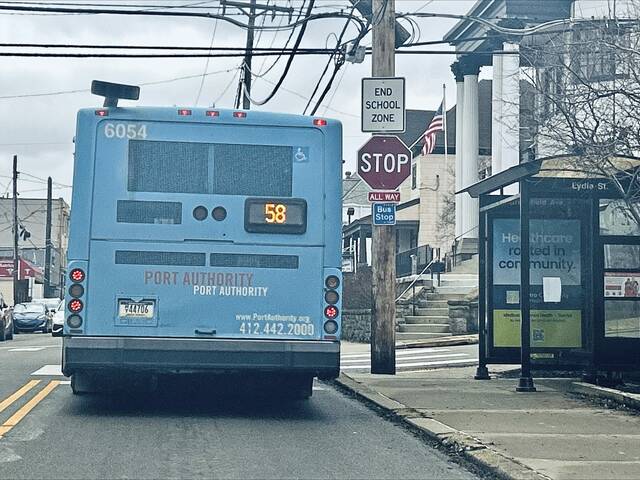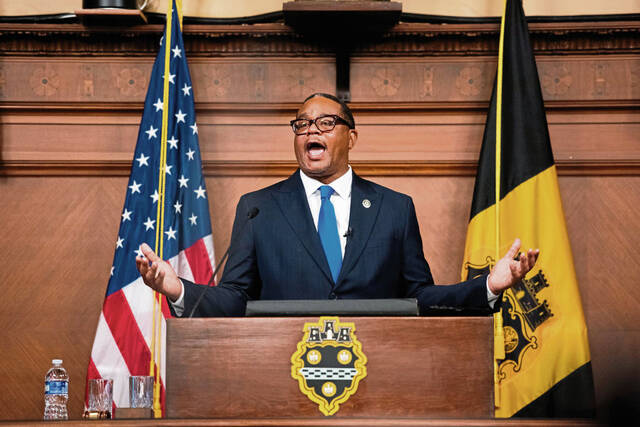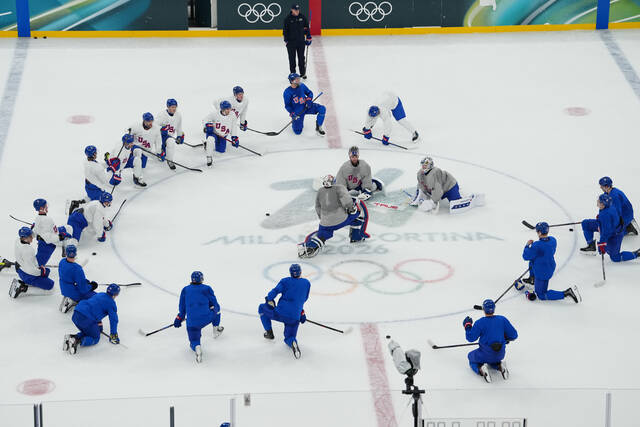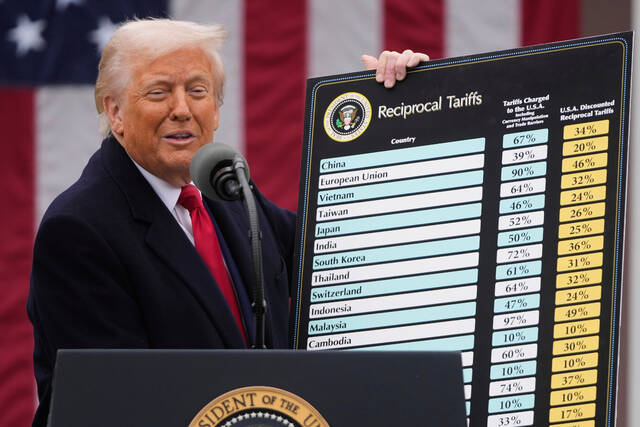Functional public policy cannot be built on political paranoia. Sociologists tell us that when deviance from truth and humanism has slowly been normalized by prolonged ideological sophistry in our schools, government and interest groups, an inevitable conflict erupts.
Can a “Public Witness” (PW), aided by Neighborhood Response Teams (NRT), separate the wheat from the chaff?
So, what is a PW and how could the concept help? A PW is not just another layer of bureaucracy; it is a lawful remedy to flaws in the existing layers. Two attorneys, ideally with a documented body of work confirming unblemished constitutional clarity, would serve as analytical ombudsmen — one for the police, the other for the public. They would jointly and publicly explain each step in controversial issues as soon as it is lawful to do so. Each step in the process will be explained in everyday language and linked to its justification and consequence.
So many issues of public concern remain unclear because partisans substitute their bias for reality and just won’t accept a legitimate resolution.
Examples:
• Why didn’t internal affairs question two cops about competing for the most DUI arrests even when their overtime pay grossly exceeded their salary? Why not explain to Mothers Against Drunk Driving that they should reward convictions by a court, not the number of untested arrests?
• How is it ethical for internal affairs to submit police misconduct complaints to a city law department when it is that department’s conflicting duty to limit liability?
• Why did a law department OK a chief’s orders that violated officers’ civil rights which then cost millions in court costs and punitive damages? Why did the American Civil Liberties Union represent the officers instead of the Fraternal Order of Police (FOP)?
• Why was a criminal election fraud issue involving an elected city official given to the civil authority of a city law department instead of the local district attorney?
With real transparency across the board a civil Racketeer Influenced and Corrupt Organizations Act (RICO) suit becomes viable. That alone is a victory. When citizens want to sue local government officials, the data they need is controlled by that government. The PW could facilitate the process to provide it. It still would not be a slam dunk. But that and issues beyond policing could also be pursued with a far greater chance of success; the extent of patronage, sweetheart deals in contracts, etc.
Renowned medical/legal expert Dr. Cyril Wecht, the president of the Pittsburgh FOP and the executive director of the Pittsburgh Citizen Police Review Board all agree that a PW would, upon final review, significantly broaden the scope of public accountability. It exposes false claims by defining what is lawful and what is not.
In 2011 I proposed to then-Police Chief Nate Harper that Pittsburgh adopt the use of Neighborhood Response Teams. The original, complete proposal can be seen on the Pittsburgh Citizens Police Review Board website (cprbpgh.org). The chief brought together relevant stakeholders, including then state representative and current mayoral candidate Ed Gainey. The group was in favor, but other political issues prevailed. In 2014 I had met with the local U.S. attorney, members of the NAACP, the Civilian Review Board and the FBI regarding political corruption issues. The group was in favor of action, but other political issues prevailed.
And how does an NRT, in conjunction with a PW, help the people to prevail?
Essentially, NRT consists of a police officer, a psychiatric social worker, a public health nurse and representatives of public housing, the Bureau of Building Inspections (BBI), public schools and the district attorney’s office. The officer transports the team to meetings with concerned citizens in neighborhoods of the city that most require information on quality-of-life issues, especially the early signs of narcotic activity and use, problem properties and emerging signs of violent behavior in the children of that neighborhood. The goal is to identify adverse physical conditions and social pathology at the earliest opportunity and, with regard to youth, implement corrective measures when they are most effective: prior to the teenage years.
In his book “Thinking About Crime,” professor James Q. Wilson, this country’s preeminent scholar on this subject, observes that federal and local governments focus on what is easy instead of what is necessary; statistical, programmatic control of police behavior, sentencing guidelines and management of the criminal justice system, which “have only a limited influence on the crime rate.” It is, rather, “our general prosperity, our child rearing methods and our popular values that most powerfully influence the crime rate.”
A basic NRT is meaningful and cost effective. It can be formed by “partnering” city-county personnel who are already on their respective payrolls. In addition to providing an early warning system for criminal behavior and a variety of public health issues, it allows the team officer to form relationships with honest citizens who can pass on valuable information regarding specific criminal activity.
NRT will complement and enhance a PW and other valid community outreach efforts, and since restoring direct interaction with the community is its essential component, NRT will expose flawed efforts that are academically shallow, greedy for funding or based on confrontation rather than analysis.
The hard left has become the antithesis of true American liberalism. Recently they have all but silenced the sincere, intelligent voices of legitimate reform. Some forget that thousands of minorities freely walk out of courtrooms each day all across this country due to the systemic, institutional rules of criminal procedure. And better the reconciliation of Lincoln and Mandela than the hate of far-right former Gov. George Wallace and far-left Calif. state Rep. Maxine Waters.
The legal system fails if it cannot serve as the collective conscience of us all. Reforms must complement the Constitution, not compete with it (as I wrote in a 2017 op-ed, “No Justice, No Police”), and be pragmatically legal, not impractically ideological. Law and morality are hard enough to balance without political influence adding hypocrisy and hubris to the mix.
Uncorrupted, the legal process is slow, deliberate and primarily deductive. Activism is angry, impatient and long on ideals but short on principles.
A recent Pittsburgh Mayors Task Force report suggests activist input in labor law/police issues regarding grievance procedure, arbitration, etc. Of course, they have no legal standing for this. It also calls for “bystander intervention” (known in law as “obstruction”). Some Allegheny County Council members propose civilian review hearings that do not allow the accused officer to testify, thus violating the Sixth Amendment and provoking more litigation. Remedial discrimination?
If one really “seeks justice,” not controlling power over police, one must do so lawfully; otherwise, hypocrisy makes you become what you hate. That’s how Maxine Waters became the new George Wallace.
The PW/NRT concept is humane, constitutional and pragmatic. The public witness lawfully testifies “for the people” — all of them.
Chuck Bosetti is retired after serving with the Pittsburgh Police, Allegheny County Detective Bureau, as an investigator for the Civil Service Commission of Pittsburgh, and as vice president/legal chair of the Pittsburgh FOP. He can be reached at vinculum.juris.cjb@gmail.com.








